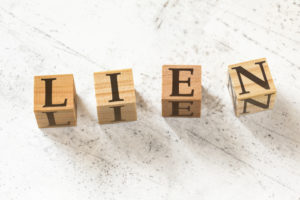Despite the fact that the scope of the U.S. Food and Drug Administration’s enforcement authority has been broadened in recent years, the FDA still does not require labeling to denote the amount of caffeine in food products, such as mints, gum, snacks and other food and beverage products. Allison Aubrey writes on NPR.org’s "Eating and Health" website that manufacturers are promoting caffeinated snacks as "pick-me-ups."
Yet, the truth remains that caffeine is not simply a food or beverage additive, "Caffeine is a drug," says Dr. Abraham Palmer, a research assistant professor at the University of Chicago, and Palmer is quoted in Aubrey’s article as saying it affects people differently due to their genetic differences. Because some people are sensitive to the amount of caffeine they consume, Dr. Palmer believes, "it could only be helpful to consumers if manufacturers had to label amounts." In his view, everyone wins if the consumer knows how much caffeine they are consuming.
Michael Jacobson, with the Center for Science in the Public Interest, calls caffeine a "mildly addictive stimulant drug" and questions the wisdom of adding it to "all kinds of things" which could place children at risk, as it may have with kids consuming super-caffeinated beverages, such as Monster Beverages produces and markets.
Snack-maker Frito-Lay has also apparently announced plans for a new line of snacks called "Cracker Jack’d" which will contain caffeine. Frito-Lay says the Cracker Jack’d advertising campaign will be directed to adults, rather than children. Cracker Jack’d may contain 70 mg of caffeine in each 2 ounce package—according to the article, that would be similar to the amount of caffeine in two-thirds of a cup of regular coffee.
What happens to people who are allergic to caffeine? One would think the amount and the presence of caffeine each should be noted on a contents label for the safety of the consumer. While caffeine may or may not be good for your heart, four cups of coffee can raise your blood pressure for many hours—and caffeine will exaggerate stress and its effect lasts throughout the day, according to a 2002 study performed by researchers at Duke University Medical Center. James D. Lane, PhD, lead author of the Duke study, says that four cups of coffee increases the blood pressure enough to affect heart attack and stroke risk.













Comments for this article are closed.